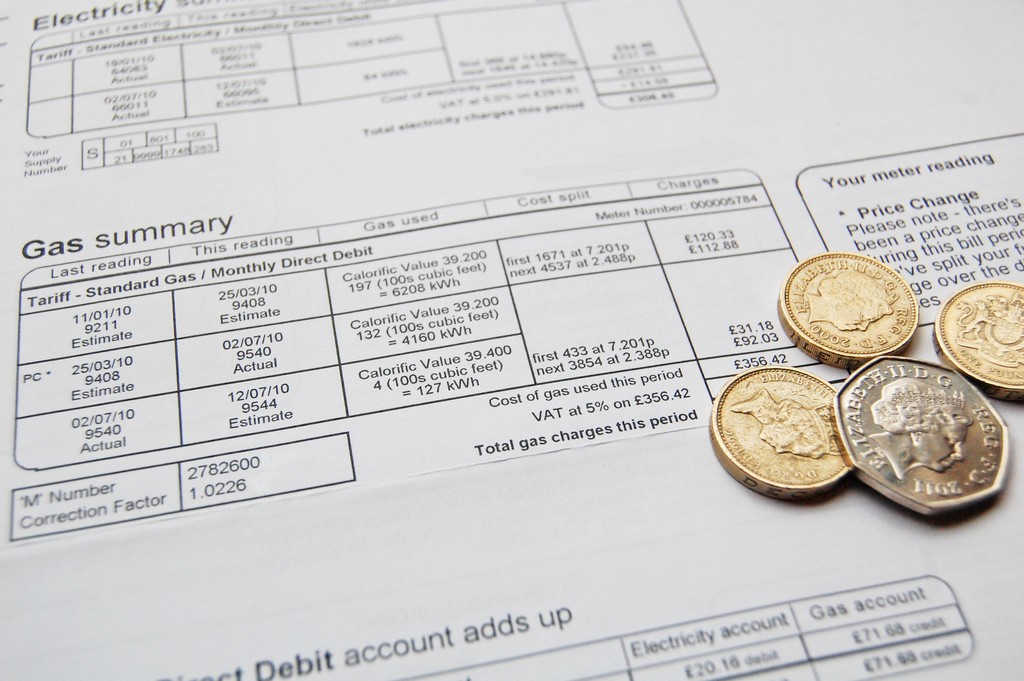Experts call on government to address high electricity costs
- November 1, 2016
- 0

The country’s high power cost may continue to affect the manufacturing sector thus cause lag in the global competitiveness unless the government takes action, experts said.
Electricity accounts for about one-fourth of the total costs of industrial firms, the biggest expense in the sector, experts said in a recent forum.
The current situation is turning into a tough sell for foreign investors in creating industries in the Philippines versus neighboring countries Indonesia, Thailand, and Malaysia, University of the Philippines School of Economics professor emeritus Dr. Raul Fabella said.
“Both Filipino-Chinese tycoons and up-and-coming startups from Taiwan, are either moving out of the country to put up their factories in China, or giving us a miss for Vietnam or Thailand, where electricity rates are nearly a third of ours. Electricity in Thailand costs nearly half that of ours, while that in Indonesia is only a fifth of ours,” he said.
Electricity expense accounts for three percent of total production cost on average incurred by manufacturing firms and higher for material industries like cement, paper products, iron and steel, industrial chemicals, plastic products. Glass products, petroleum refining, and rubber products, Federation of Philippine Industries (FPI) president George Chua said.
The country’s growing renewable energy sector is welcomed development but its expansion should be done with caution in order to achieve sustainable long-term solution to address the country’s energy demand.
“But as with any big initiative, we must proceed with caution and extensively study the weaknesses of our innovations, lest they come back to haunt us,” Fabella added.
Too much RE development, however, means more costs shouldered by consumers with the Feed – in – Tariff scheme.
“The more RE is utilized in the country’s energy mix, the longer we remain a country with the most expensive electricity. There are serious economic consequences to that. Expensive power makes industrialization less than viable. That spells lesser jobs created and more people poor,” Minima Government Thinkers Inc. president Bienvenido “Noynoy” Oplas Jr. stressed.
For the time being, the country – especially the manufacturing sector – will remain dependent on coal power for five more years, Chua said, since growing businesses long for cheap electricity.
“Philippine power costs are very expensive, that hurts our competitiveness in manufacturing,” he said. “So we really need coal, it’s one of the cheapest sources of power for a country with one of the highest costs in Asia.”